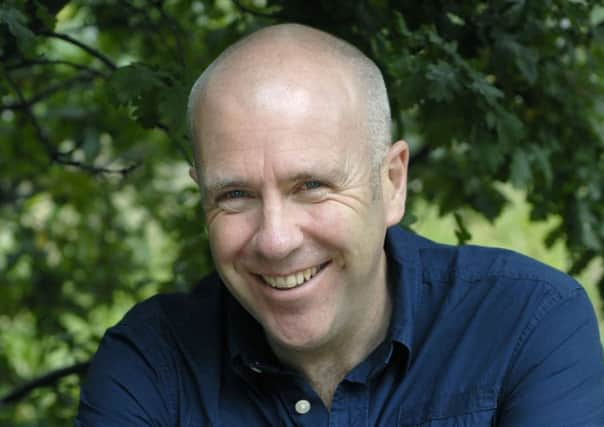Booker Prize winner Flanagan rewrote book 5 times


The Narrow Road to the Deep North, which won the £50,000 award, draws heavily on his father’s memories of working on the so-called “death railway” between Thailand and Burma.
Advertisement
Hide AdAdvertisement
Hide AdPhilosopher AC Grayling, chair of the judges, called it “a magnificent novel of love and war. Written in prose of extreme elegance and force, it bridges East and West, past and present, with a story of guilt and heroism that Richard Flanagan was born to write”.
Mr Flanagan’s novel had been an early favourite with the bookies, although by tonight it had drifted to joint second favourite, along with Scottish novelist Ali Smith’s How to be Both, which was easily the most dazzlingly inventive novel on the shortlist.
Mr Flanagan, 53, who was presented with the award by the Duchess of Cornwall at a ceremony in London’s Guildhall last night, has been hailed as “the most brilliant Australian novelist of his generation”. He previously said: “I have known for a long time that The Narrow Road to the Deep North was the book I had to write if I was to keep on writing.”
Each of his six novels have won awards, including Gould’s Book of Fish, winner of the Commonwealth Book Prize and published in 2002 by Edinburgh’s Canongate Books.
The Narrow Road to the Deep North has not won universal praise – a New York Times review described its flashbacks and flashforwards as “feeling as though they had been cut and pasted from another novel: a cheesy one that mashes up DH Lawrence and a Harlequin romance”.
But fellow Australian Peter Carey, 71, one of just three novelists to win Britain’s premier literary award twice, said of Flanagan: “He’s a serious guy who can really, really write.”
Mr Carey added that the novel marked a cultural turning point in Australian literary history in being one of the first serious examinations of the country’s experience in the Second World War.
The other books shortlisted for this year’s prize were The Lives of Others, by Neel Mukherjee; J, by Howard Jacobson; How to be Both, by Ali Smith; We Are Completely Beside Ourselves by Karen Joy Fowler; and To Rise Again at a Decent Hour, by Joshua Ferris.